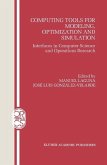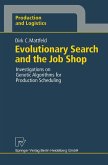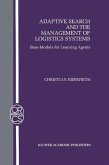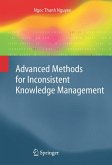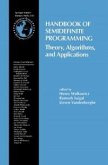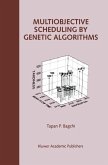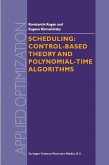Evolutionary computation techniques have attracted increasing att- tions in recent years for solving complex optimization problems. They are more robust than traditional methods based on formal logics or mathematical programming for many real world OR/MS problems. E- lutionary computation techniques can deal with complex optimization problems better than traditional optimization techniques. However, most papers on the application of evolutionary computation techniques to Operations Research /Management Science (OR/MS) problems have scattered around in different journals and conference proceedings. They also tend to focus on a very special and narrow topic. It is the right time that an archival book series publishes a special volume which - cludes critical reviews of the state-of-art of those evolutionary com- tation techniques which have been found particularly useful for OR/MS problems, and a collection of papers which represent the latest devel- ment in tackling various OR/MS problems by evolutionary computation techniques. This special volume of the book series on Evolutionary - timization aims at filling in this gap in the current literature. The special volume consists of invited papers written by leading - searchers in the field. All papers were peer reviewed by at least two recognised reviewers. The book covers the foundation as well as the practical side of evolutionary optimization.
Dieser Download kann aus rechtlichen Gründen nur mit Rechnungsadresse in A, B, BG, CY, CZ, D, DK, EW, E, FIN, F, GR, HR, H, IRL, I, LT, L, LR, M, NL, PL, P, R, S, SLO, SK ausgeliefert werden.
From the reviews:
"The book contains 17 chapters written by leading experts in evolutionary computation. ... Of special value is the analysis of evolutionary algorithms on pseudo-Boolean functions, given by Ingo Wegener. He and his coauthors are the first, who proved substantially sharp results on the expected run time and the success probability for evolutionary algorithms with (respectively without) crossover, giving sharp upper and lower bounds." (Hartmut Noltemeier, Zentralblatt MATH, Vol. 1072 (23), 2005)
"The book contains 17 chapters written by leading experts in evolutionary computation. ... Of special value is the analysis of evolutionary algorithms on pseudo-Boolean functions, given by Ingo Wegener. He and his coauthors are the first, who proved substantially sharp results on the expected run time and the success probability for evolutionary algorithms with (respectively without) crossover, giving sharp upper and lower bounds." (Hartmut Noltemeier, Zentralblatt MATH, Vol. 1072 (23), 2005)



